Hollywood At A Halt: Understanding The Actors' And Writers' Strike
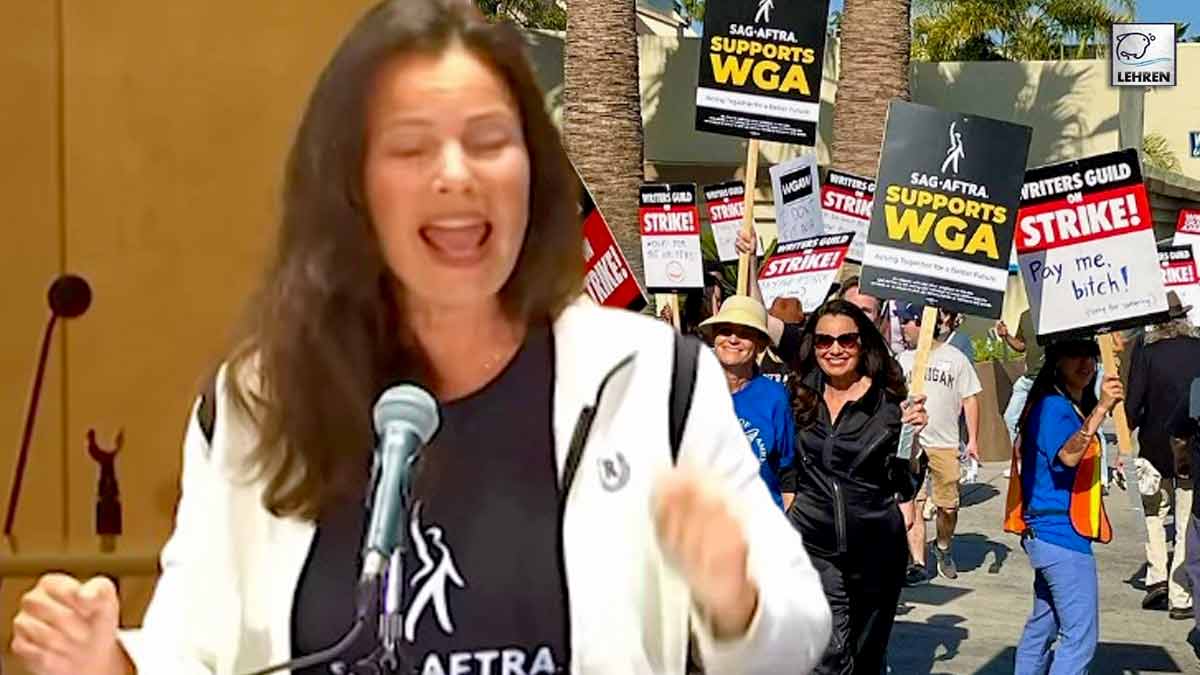
Table of Contents
The Writers' Strike: Key Demands and Impacts
The WGA strike, which began in May 2023, highlights the precarious position of writers in the streaming era. Their key demands focus on fair compensation and protecting their livelihoods against the disruptive influence of artificial intelligence.
Fair Compensation and Residuals
The traditional model of writers' compensation, heavily reliant on residuals from reruns and syndication, has crumbled in the face of streaming. Streaming services offer upfront payments, but these often fall drastically short of the income generated by traditional residuals.
- Streaming drastically reduces residuals: A writer's income from a single episode of a network TV show could previously generate substantial residuals through syndication and international sales. Streaming platforms typically offer a single payment, regardless of viewership or longevity.
- Proposed solutions include minimum guarantees and improved residual models: The WGA is pushing for minimum guaranteed payments and new models for calculating residuals that reflect the massive viewership streaming services can achieve.
- Impact on writers' livelihoods: This decline in residual income has severely impacted writers' ability to make a living, forcing many to take on multiple jobs and struggle to maintain financial stability. The WGA strike is a fight for fair wages and a sustainable career path for screenwriters.
AI Concerns and Job Security
The rise of artificial intelligence in scriptwriting has ignited serious anxieties amongst writers. AI tools can generate scripts, potentially displacing human writers and devaluing their skills.
- AI’s potential to replace writers: AI programs can produce basic scripts, raising concerns about their potential to replace human creativity in the long term.
- WGA demands for AI regulation: The WGA is demanding strong regulations on the use of AI in scriptwriting, including ensuring proper compensation for writers whose work is used to train AI models and preventing the replacement of human writers with AI-generated content.
- Long-term job security concerns: The lack of clear regulations and protections leaves writers vulnerable to job displacement and a devaluation of their creative contributions. The WGA is fighting to safeguard their future and ensure that AI is used responsibly and ethically within the industry.
Impact on Television and Film Production
The writers' strike has already had a significant impact on television and film production. Numerous projects are on hold, and release dates are being pushed back.
- TV production delays: Many TV shows, both returning series and new productions, have been delayed indefinitely. This creates a backlog in the pipeline, which will impact the television landscape for months to come.
- Film production halt: Film productions have also experienced delays, with some projects being indefinitely postponed or scrapped altogether.
- Economic ripple effects: The strike has created a ripple effect, impacting not only writers but also actors, crew members, and other industry professionals who rely on ongoing productions for their livelihoods.
The Actors' Strike: SAG-AFTRA's Fight for Fair Treatment
SAG-AFTRA joined the picket lines in July 2023, further solidifying the Hollywood strike. Their concerns mirror those of the writers, focusing on fair wages and residuals, but also highlighting significant issues concerning AI and digital rights.
Fair Wages and Residuals in the Streaming Era
Actors, like writers, are also experiencing a decline in residuals in the streaming era. Traditional profit-sharing models are often absent in streaming deals, leading to significantly reduced compensation for actors.
- Streaming affects actor pay: The shift to streaming has significantly impacted actors' residual income, particularly for those in supporting or recurring roles.
- SAG-AFTRA's proposed solutions: SAG-AFTRA is pushing for better minimum wages, fairer residual models, and a more equitable distribution of profits from streaming platforms.
- Disparity between traditional and streaming compensation: The vast difference between compensation models for traditional and streaming media is a major point of contention for SAG-AFTRA.
Concerns Regarding AI and Digital Rights
SAG-AFTRA is deeply concerned about the use of actors' likenesses and performances in AI-generated content without their consent or proper compensation.
- AI could use actors' images and voices: AI can be trained on actors' performances to create digital doubles, potentially undermining actors' control over their image and career prospects.
- Need for clear regulations and consent: SAG-AFTRA demands clear regulations and contractual agreements to ensure actors have control over how their likenesses and performances are used in AI-generated content.
- Long-term implications for actors' careers: The unrestricted use of AI could severely devalue actors' work and diminish their career opportunities in the long run.
Impact on Film and Television Production and Promotion
The actors' strike has compounded the impact of the writers' strike, bringing almost all film and television production to a complete standstill. Furthermore, it significantly impacts promotion and marketing.
- Delayed premieres: Many films and TV shows slated for release have been delayed indefinitely.
- Canceled press junkets: The absence of actors prevents crucial promotional activities like press junkets and interviews.
- Broader impact on marketing strategies: The inability to utilize actors for marketing and promotional materials creates significant challenges for studios and networks.
Potential Outcomes and Negotiations
The outcome of the Hollywood strike remains uncertain. The strength of both unions' positions, coupled with the studios' reluctance to significantly alter their business models, suggests a protracted conflict is possible. However, the economic pressures on both sides might eventually lead to a negotiated settlement. The success of negotiations hinges on the willingness of both parties to find common ground on issues of fair compensation, AI regulation, and the evolving relationship between the creative workforce and the streaming platforms. The "Hollywood strike resolution" will set a precedent for the future of the industry, influencing the employment landscape and creative processes for years to come.
Conclusion
The combined actors' and writers' strike represents a pivotal moment in Hollywood history. The core demands—fair compensation in the streaming era, robust regulations on AI usage, and protection of creative workers' rights—are crucial for the future of the industry. The "Hollywood strike" highlights the systemic challenges facing creative professionals in an industry undergoing rapid transformation. The impact of the strike extends far beyond the picket lines, affecting not only the livelihoods of thousands but also the future of storytelling itself. To stay informed about the ongoing actors' and writers' strike and its potential resolutions, regularly consult reputable news sources and industry websites. Understanding the issues at stake is crucial to advocating for a fair and sustainable future for Hollywood.

Featured Posts
-
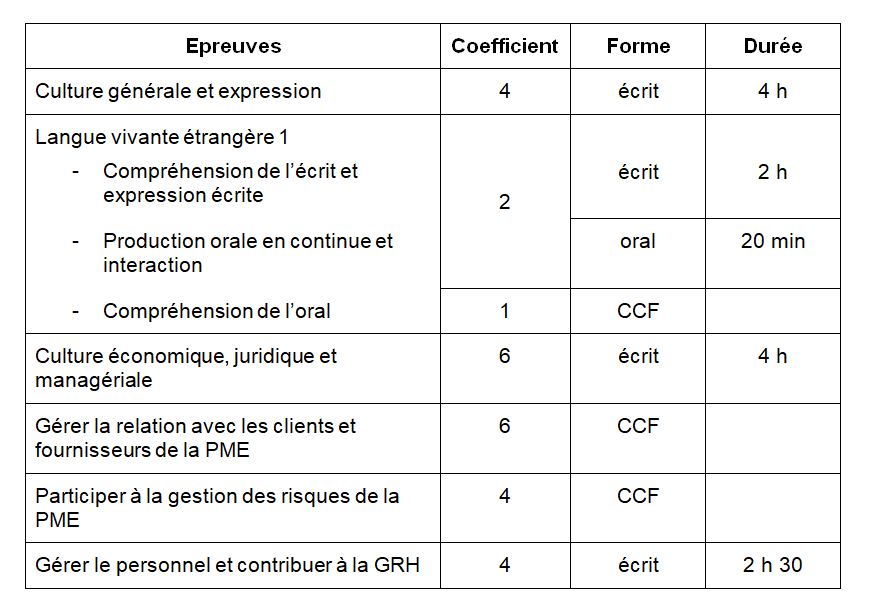 Bts 2025 Dates Des Epreuves Et Annonce Des Resultats
May 30, 2025
Bts 2025 Dates Des Epreuves Et Annonce Des Resultats
May 30, 2025 -
 Bts Reunion New Teaser Fuels Comeback Anticipation
May 30, 2025
Bts Reunion New Teaser Fuels Comeback Anticipation
May 30, 2025 -
 Toprak Razgatlioglu Speaks Out No Moto Gp Switch Yet
May 30, 2025
Toprak Razgatlioglu Speaks Out No Moto Gp Switch Yet
May 30, 2025 -
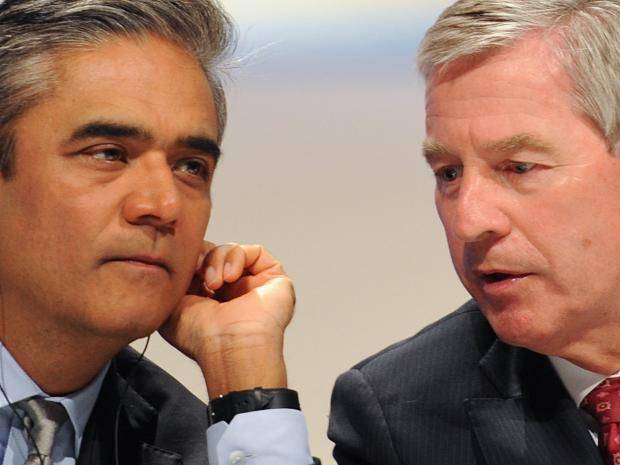 Deutsche Bank Analyse D Une Histoire Moderne Complexe
May 30, 2025
Deutsche Bank Analyse D Une Histoire Moderne Complexe
May 30, 2025 -
 Dorean Online Metadosi Ton Pasxalinon Ekdiloseon E Thessalia Gr
May 30, 2025
Dorean Online Metadosi Ton Pasxalinon Ekdiloseon E Thessalia Gr
May 30, 2025
Latest Posts
-
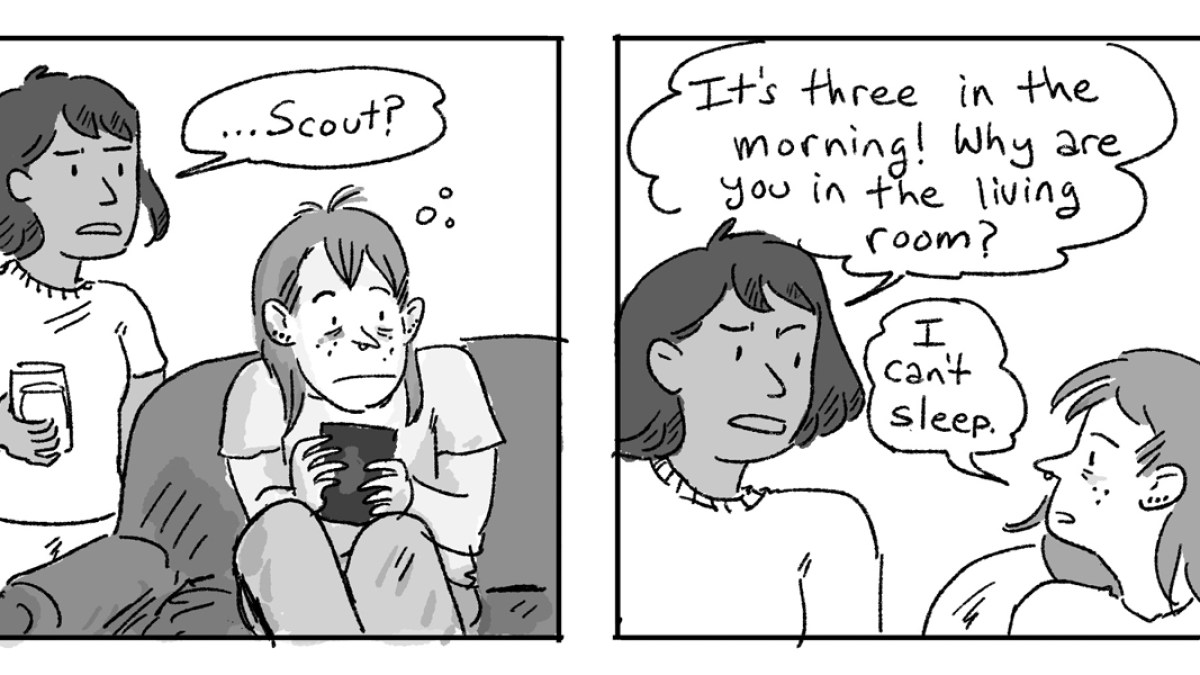 Quiet Bats Doom Tigers In Home Series Loss To Rangers
May 31, 2025
Quiet Bats Doom Tigers In Home Series Loss To Rangers
May 31, 2025 -
 Thursday March 27 2025 Your Daily Briefing
May 31, 2025
Thursday March 27 2025 Your Daily Briefing
May 31, 2025 -
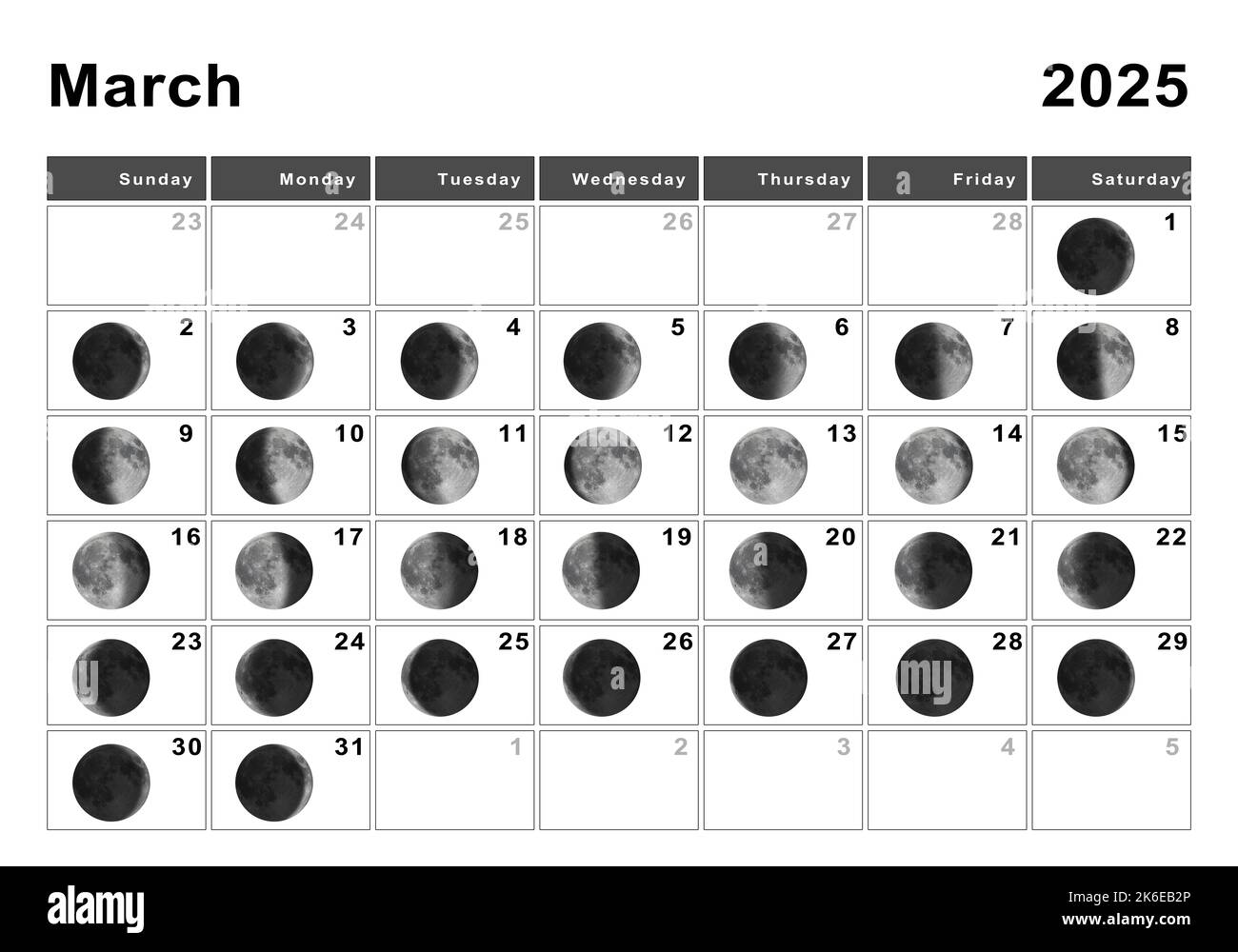 Essential Information Thursday March 27 2025
May 31, 2025
Essential Information Thursday March 27 2025
May 31, 2025 -
 Tigers Drop First Home Series Bats Silent Against Rangers
May 31, 2025
Tigers Drop First Home Series Bats Silent Against Rangers
May 31, 2025 -
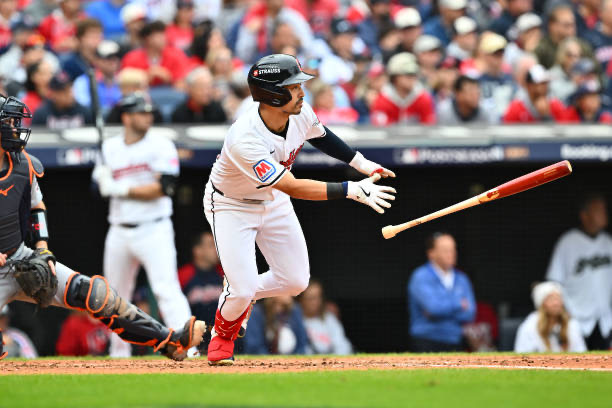 No Dwelling On The Past Skubal Prepares For Rematch After Grand Slam
May 31, 2025
No Dwelling On The Past Skubal Prepares For Rematch After Grand Slam
May 31, 2025
